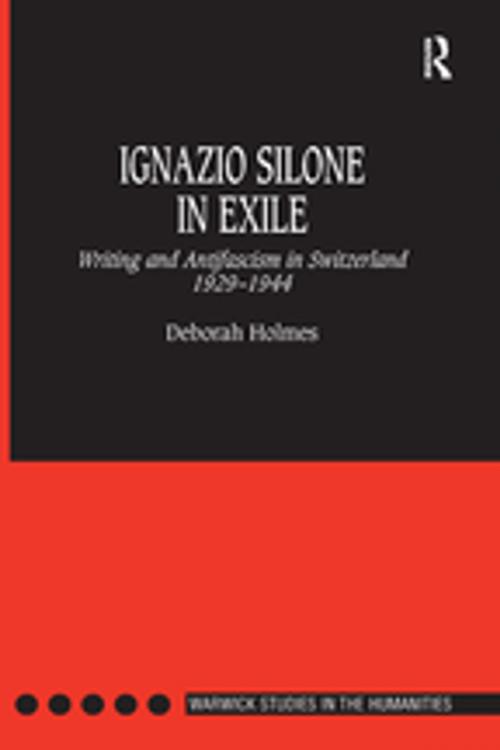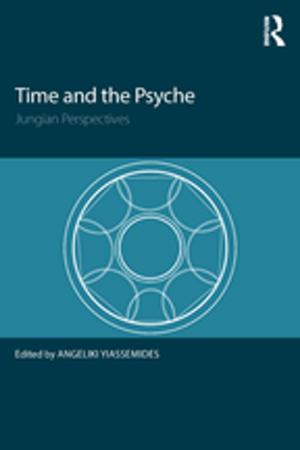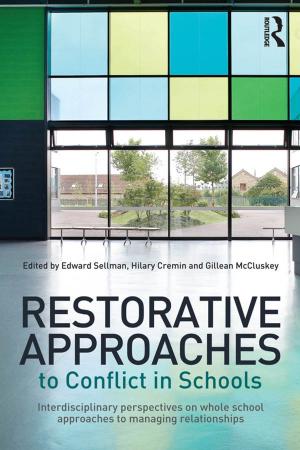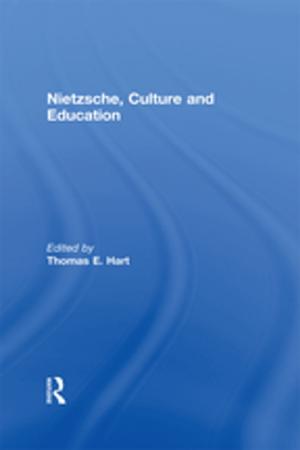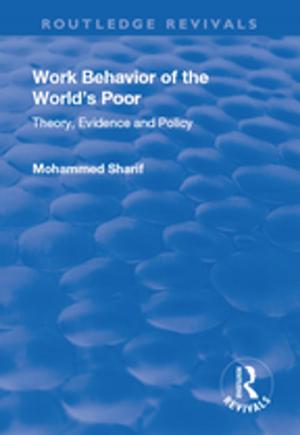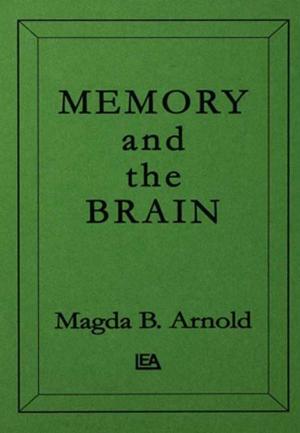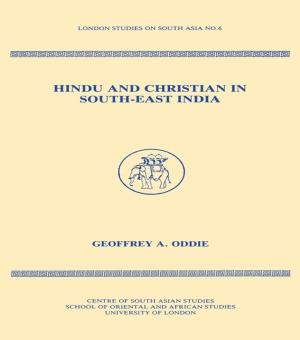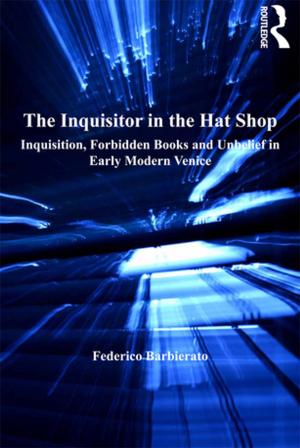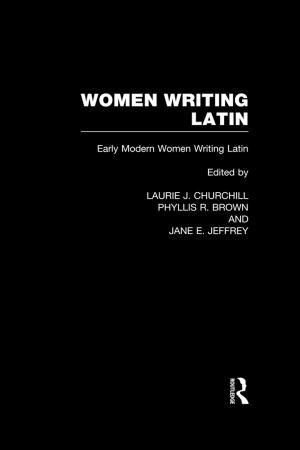Ignazio Silone in Exile
Writing and Antifascism in Switzerland 1929–1944
Fiction & Literature, Literary Theory & Criticism| Author: | Deborah Holmes | ISBN: | 9781351928991 |
| Publisher: | Taylor and Francis | Publication: | March 2, 2017 |
| Imprint: | Routledge | Language: | English |
| Author: | Deborah Holmes |
| ISBN: | 9781351928991 |
| Publisher: | Taylor and Francis |
| Publication: | March 2, 2017 |
| Imprint: | Routledge |
| Language: | English |
Italian writer and political activist Ignazio Silone spent fifteen years from 1929 to 1944 as a political exile in Switzerland. Focusing on this period, this book throws new light on Silone's complex biography and shows how his literary production influenced and was influenced by fellow antifascist German émigrés and the Swiss socialist intelligentsia. Using previously unknown archival materials, letters, and diaries, and following a flexible chronological structure, the book examines the developing role Silone played in the intellectual life of Zurich. Its analysis of Silone's links with 'Bauhaus' circles, disciples of C.J. Jung, and Zurich's socialist city council offers an interdisciplinary and comparative perspective on Silone's exile that both questions and celebrates his status as an 'un-Italian' Italian author. Holmes also considers wider topics such as the functions of the engagé writer in times of crisis, the dynamics of cultural transfer through translation, and the phenomenon of exile literature. Italian antifascist exile writing is an area of Italian literature that has never been explored as an entity. With its painstaking archival research and critical approach to the pioneering methods and results of German 'Exilforschung,' Ignazio Silone in Exile opens the way for further studies on this little known aspect of Italian emigration culture.
Italian writer and political activist Ignazio Silone spent fifteen years from 1929 to 1944 as a political exile in Switzerland. Focusing on this period, this book throws new light on Silone's complex biography and shows how his literary production influenced and was influenced by fellow antifascist German émigrés and the Swiss socialist intelligentsia. Using previously unknown archival materials, letters, and diaries, and following a flexible chronological structure, the book examines the developing role Silone played in the intellectual life of Zurich. Its analysis of Silone's links with 'Bauhaus' circles, disciples of C.J. Jung, and Zurich's socialist city council offers an interdisciplinary and comparative perspective on Silone's exile that both questions and celebrates his status as an 'un-Italian' Italian author. Holmes also considers wider topics such as the functions of the engagé writer in times of crisis, the dynamics of cultural transfer through translation, and the phenomenon of exile literature. Italian antifascist exile writing is an area of Italian literature that has never been explored as an entity. With its painstaking archival research and critical approach to the pioneering methods and results of German 'Exilforschung,' Ignazio Silone in Exile opens the way for further studies on this little known aspect of Italian emigration culture.
